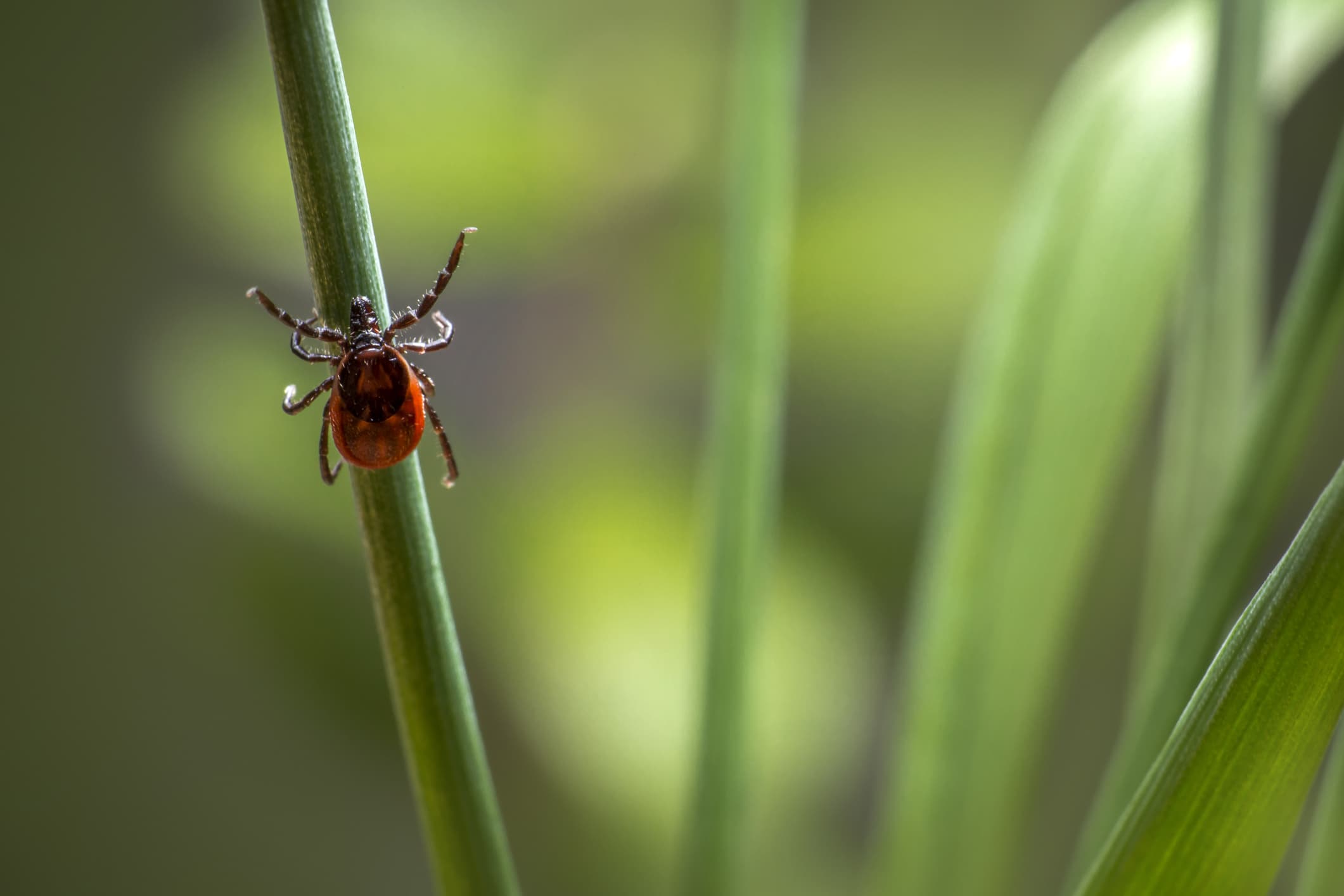As the weather warms up, we want to hit the trails or frolic through a grassy field like we’re in The Sound of Music, but one thing holds us back—tick anxiety. Fortunately, a new study by Simon Fraser University (SFU) may have found a way to defend against these disease-spreading pests with ant pheromones.
“Ticks like a lot of the places and a lot of the times of years that we also like to be outside enjoying the weather,” Claire Gooding, a member of the Canadian university’s Gries Lab and the study’s lead author, said in a story on the SFU website. “There’s quite a big risk of tick encounters in the summer, outdoor sports season.”
Best known for the spread of Lyme Disease, ticks transmit more disease than any other arthropods. According to SFU, climate change may be expanding their natural environmental ranges, increasing the need for protection. After the Royal Society Open Science published a paper this year exploring which predators the black-legged ticks avoid, SFU did a deep dive into ants.
“We decided to look at ants because they are social insects and use a huge range of pheromones to communicate with one another,” Gooding said. “They’re chemically noisy. And for something that perceives the world chemically, they’re easy to predict where they’ll be, based on these pheromones.”
According to SFU, the study found that ticks avoided surfaces where ants had been, even after the ants had been removed. After the team identified the specific chemical ant pheromones that repelled the ticks, they worked with chemists to recreate a synthetic version. Once put to the test, the ticks appeared to avoid the synthetic version as well.
“They could see that there were ants and basically go, ‘I’m not going to go there, because there may be ants there, or there may be ants there again soon in the future,’” Gooding explained.
Gooding and her team currently have a patent application in the works for the repellant chemicals. If all goes in their favor, we could eventually have a topical repellent for ticks on store shelves.
Cover photo courtesy of Getty Images








